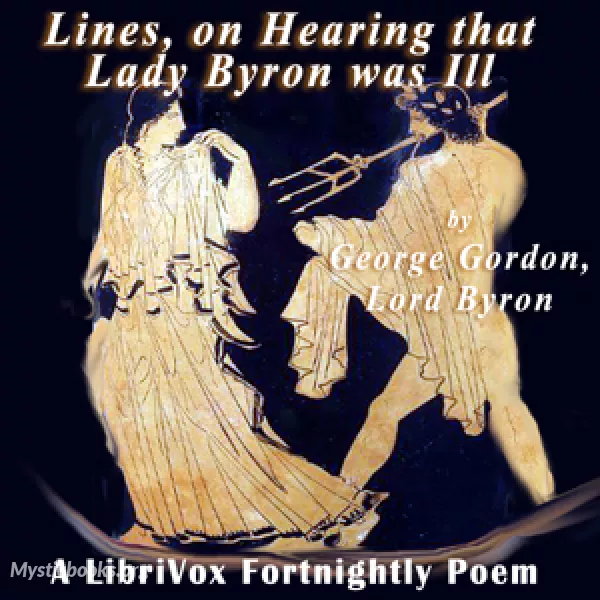
Lines, On Hearing That Lady Byron Was Ill
'Lines, On Hearing That Lady Byron Was Ill' Summary
George Gordon, Lord Byron's poem "Lines, On Hearing That Lady Byron Was Ill" is a complex and powerful expression of the poet's anger, resentment, and guilt over the breakdown of his marriage. The poem begins with a simple statement: "And thou wert sad—yet I was not with thee!" But as the poem unfolds, Byron's emotions become increasingly raw and exposed.
Byron accuses Lady Byron of being cold, heartless, and manipulative. He claims that she has cursed him and destroyed his life. He also expresses his guilt and regret for the pain that he has caused her.
The poem is full of vivid imagery and symbolism. Byron compares Lady Byron to a "moral Clytemnestra," a reference to the Greek mythological figure who murdered her husband. He also describes her as a "plague" and a "curse."
The poem's final stanza is a chilling warning to Lady Byron:
Thou hast sown in my sorrow, and must reap
The bitter harvest in a woe as real!
"Lines, On Hearing That Lady Byron Was Ill" is a powerful and disturbing poem that offers a glimpse into the dark side of Byron's soul. It is a poem that is both fascinating and repellent, and it is a poem that will stay with you long after you have finished reading it.
The Story of the Book
The poem is set in the context of Byron's estranged marriage to Lady Byron. The couple had been married for only two years when Lady Byron left Byron, taking their infant daughter with her. She never returned.
The reasons for the breakdown of the marriage are complex and disputed, but it is clear that Byron was deeply hurt and angry by Lady Byron's decision to leave him. He wrote "Lines, On Hearing That Lady Byron Was Ill" shortly after hearing that she was ill.
The poem is a reflection of Byron's complex emotions about his wife. He is angry at her for leaving him, but he also feels guilty for the pain that he has caused her. He loves her, but he also hates her.
The Essence and Spirit of the Book
"Lines, On Hearing That Lady Byron Was Ill" is a powerful and disturbing poem that offers a glimpse into the dark side of Byron's soul. It is a poem that is both fascinating and repellent, and it is a poem that will stay with you long after you have finished reading it.
The poem is a reminder that even the most celebrated poets can be complex and flawed individuals. It is also a reminder that the power of love can be both destructive and creative.
Conclusion
"Lines, On Hearing That Lady Byron Was Ill" is a challenging poem to read, but it is also a rewarding one. It is a poem that offers insights into the human condition that are both profound and unsettling.
Book Details
Authors
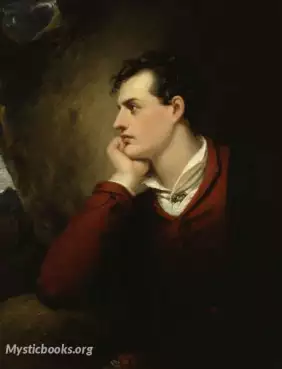
George Gordon, Lord Byron
England, Ottoman Empire, Turkey
George Gordon Byron, 6th Baron Byron, known simply as Lord Byron, was an English peer, who was a poet and politician. He was one of the leading figures of the Romantic Movement and is regarded as one...
Books by George Gordon, Lord ByronDownload eBooks
Listen/Download Audiobook
- Select Speed
Related books
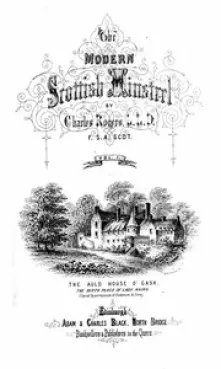
The Modern Scottish Minstrel by Charles Rogers
A rich tapestry of Scottish verse, "The Modern Scottish Minstrel" is an anthology that captures the essence and spirit of Scottish poetry from the mid...
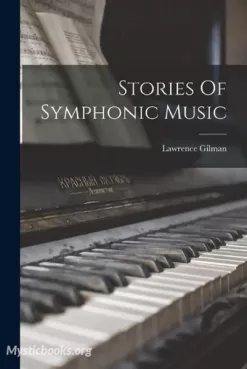
Stories of Symphonic Music by Lawrence Gilman
Close your eyes and imagine the sound of a symphony orchestra in full swing. Can you feel the power and emotion of the music? Stories of Symphonic Mu...

Poezii by Mihai Eminescu
This book is a collection of the poems by Mihai Eminescu, one of the most important Romanian poets. The poems are characterized by their musicality, t...
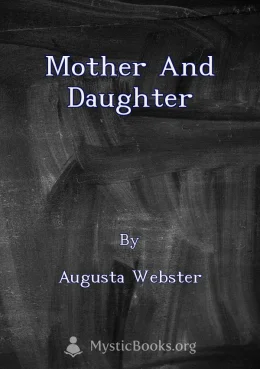
Mother and Daughter by Augusta Webster
Augusta Webster's 'Mother and Daughter' is an unfinished sonnet sequence exploring the multifaceted bond between a mother and her only child. The work...

The Castled Crag of Drachenfels by George Gordon, Lord Byron
The Castled Crag at Drachenfels is a 4-verse poem embedded in Canto 3 of Childe Harold's Pilgrimage by Lord Byron. It is thought to be addressed to hi...
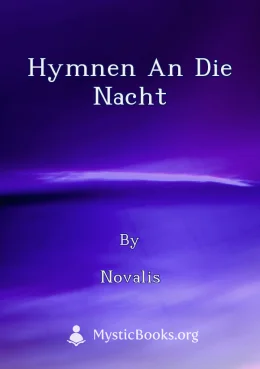
Hymnen an die Nacht by Novalis
Hymnen an die Nacht ist der Titel eines Gedichtzyklus von Novalis (Friedrich von Hardenberg). Der Zyklus wurde zuerst 1800 in der Zeitschrift Athenäum...
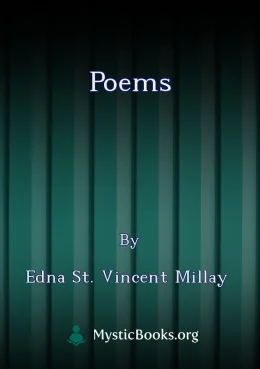
Poems by Edna St. Vincent Millay
This volume gathers poems by Edna St. Vincent Millay, published in 1923, the year she became the third woman to receive the Pulitzer Prize for Poetry....
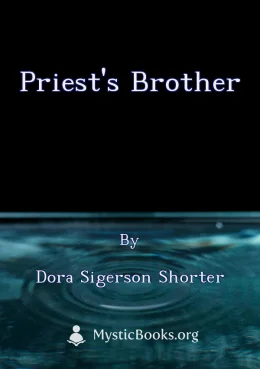
Priest's Brother by Dora Sigerson Shorter
'Priest's Brother' explores the complexities of love, duty, and social expectations in late 19th-century Ireland. It follows the story of a young woma...
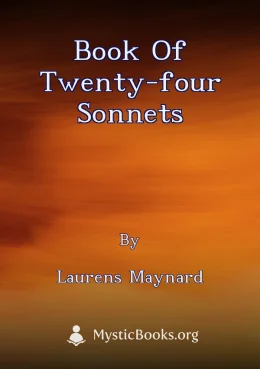
Book of Twenty-four Sonnets by Laurens Maynard
This collection of 24 sonnets by Laurens Maynard showcases a wide range of classical themes, drawing inspiration from biblical figures, historical eve...
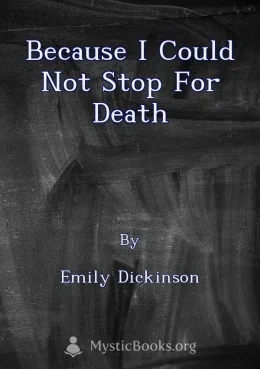
Because I Could Not Stop For Death by Emily Dickinson
Emily Dickinson's poem, "Because I Could Not Stop For Death," is a powerful exploration of mortality and the afterlife. Through a metaphorical journey...
Reviews for Lines, On Hearing That Lady Byron Was Ill
No reviews posted or approved, yet...